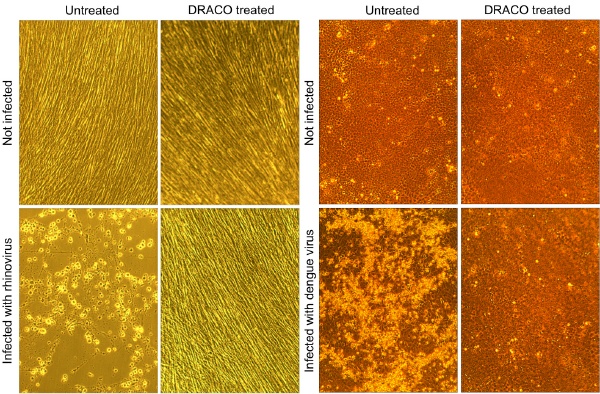The public doesn't trust journalists and, in addition, scientists don't trust journalists. The solution was obviously to make the scientists and the science audience the journalists. Communication was one of my four key pillars in Science 2.0 five years ago and remains the most important today.
But in the bigger world, the 64 out of 65 million people in the science community who do not read us yet, the fight still rages between journalism and science. While the print consumer science market has dwindled - Discover was sold to a magazine company whose biggest successes are print publications about beads and trains while Scientific American was sold to a German billion-dollar media company that can afford its red ink - the knowledge of people has continued to increase and that is largely due to the Internet.
The Internet, however, has some trust issues, because blogging has even less accountability than journalism. Some blogging sites are such a political and cultural echo chamber not only are they preaching to the choir, they are giving it a reach-around. That isn't good for the reputation of science media.
On the flip side of no balance, like on blogging sites with cultural sacred cows, irrational balance isn't always great either. Sometimes, in the interests of balance, the journalistic ethos of equal time can be a disservice to readers, like in autism-vaccine coverage.
Essentially, journalists and editors who are cheerleaders for science have often failed to "ask the awkward questions" of scientists, no matter how ridiculous the claim (life from space a dozen times this year alone) or how shoddy the numerical model (too many to count in too many fields). On the Internet, people want pageviews - if a science blogger wants to get a contract from a big media company science blogging group, they need to be popular first and that often has nothing to do with quality, it instead means selling to the audience. If the audience wants to read about life coming from space or that Republicans are all stupid, by golly give it to them.
But that ethos has a cost when science writers want to be taken seriously by the people they cover and scientists who over-hype their findings don't generate trust for journalistic coverage either, since no journalist can be an expert in all fields and place the research in context. Writing on Forbes, science blogger David DiSalvo says that he, like most in the science writing field, make up for that by having a passion for getting it right, expertise or not; not everything a journalist writes for a broad audience will be perfect or comprehensive because the audience may not be Ph.D.s. They are likely not 8th graders either so it needn't be as dumbed down as newspaper editors think science should be.
And scientists don't understand that the value of their research is not always evident. The research is not always transformative, even if they think it is important. A press release today from MIT claims it could be on the way to curing the common cold. It's total nonsense based on an interesting discovery but that is how the mainstream media will spin it. If they don't, someone else will and those who don't get to maintain their integrity in bankruptcy court. You can blame the New York Times, you can blame Nancy Grace, but you can't blame the audience for being trained to want exaggeration and spin.

COLD CURED! Thanks, MIT.
As time goes on, blogging by scientists may be the ethically pure future of journalism. The problem is that scientists don't want to be told what to write about, so long form stories may take the place of 'journalism by announcement' culture that AAAS/Science has made by selling Eurekalert subscriptions to universities with the promise they will get printed in news media.
DiSalvo mentions Carl Zimmer as a good example of a journalist who is mostly not beat upon by scientists - Jerry Coyne may not agree but I do and I have told the story a few times of being at a mixer during a science conference and Zimmer said he had a blog post going off to the fact checker and I started laughing. "A fact checker for a blog post, what's the point?" I asked. He replied he just didn't trust his memory, and maybe that sort of mentality is what more bloggers will need to gain the trust of the public as science media continues to transform.



Comments